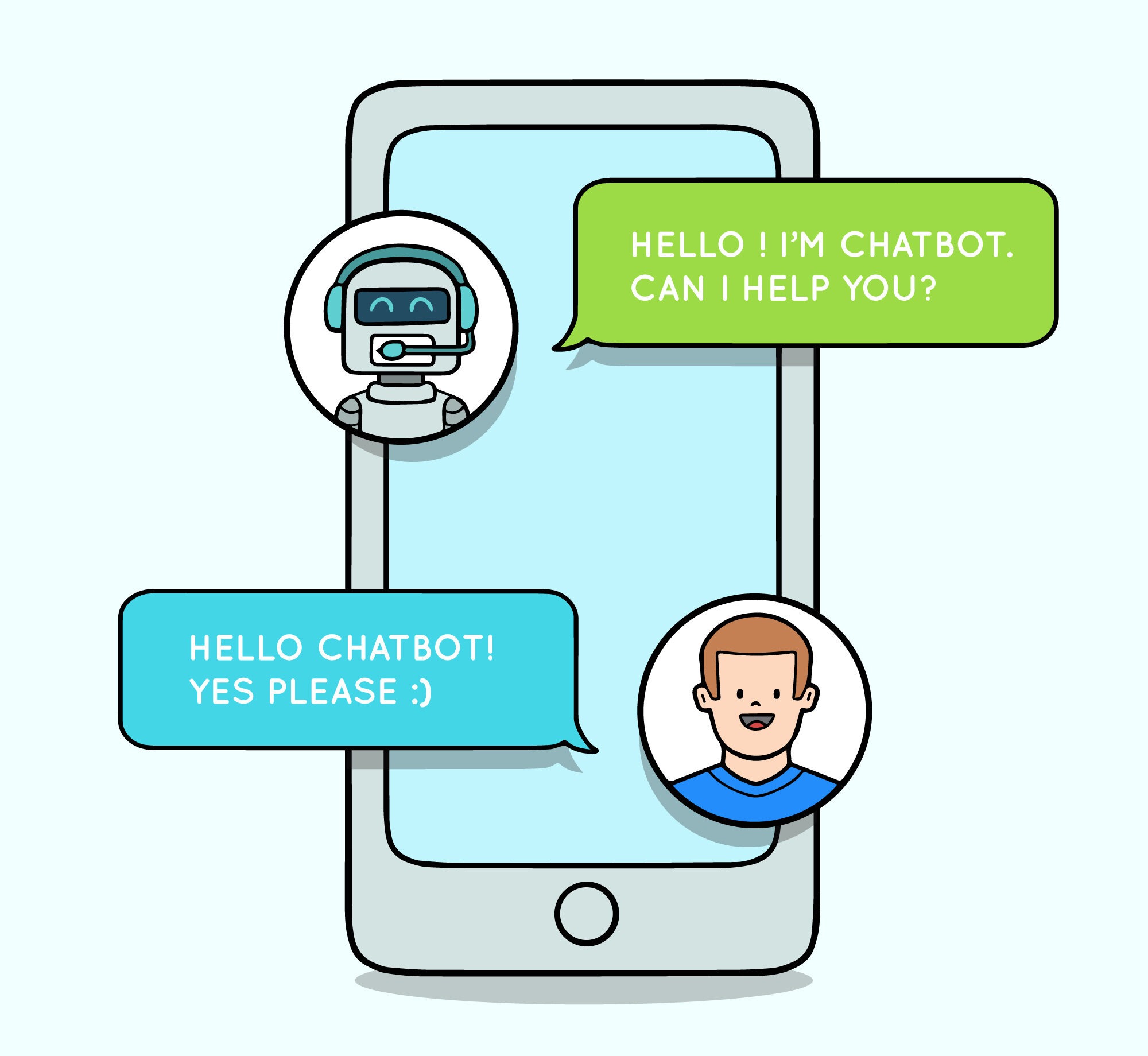The Birth of Chatbots
- Admin

In 1994, Joseph Weizenbaum developed ELIZA, a pioneering chatbot at the Massachusetts Institute of Technology (MIT). ELIZA operated by recognizing specific keywords or phrases and generating predetermined responses, similar to the functionality of contemporary chatbots.
Since ELIZA’s inception, the field of artificial intelligence (AI) has progressed significantly. Researchers and developers have worked tirelessly to create more advanced AI programs with the goal of passing the Turing Test, which assesses a machine’s ability to exhibit intelligent behavior indistinguishable from that of a human. These advancements have catalyzed the emergence of an entire industry dedicated to providing AI-powered solutions to help businesses optimize their sales and marketing activities, ultimately driving bottom-line profits.
In recent years, there has been a notable trend towards integrating chatbots with popular messaging platforms like WhatsApp. WhatsApp boasts a massive global user base and offers a familiar interface and functionality, making it an ideal platform for engaging with customers and prospects. By combining the power of chatbots with the reach of WhatsApp, businesses can effectively scale their engagement efforts, providing personalized experiences to a broad audience while streamlining communication processes. This synergy between chatbots and WhatsApp presents a compelling opportunity for businesses to enhance their customer interactions and drive greater efficiencies in their operations.



